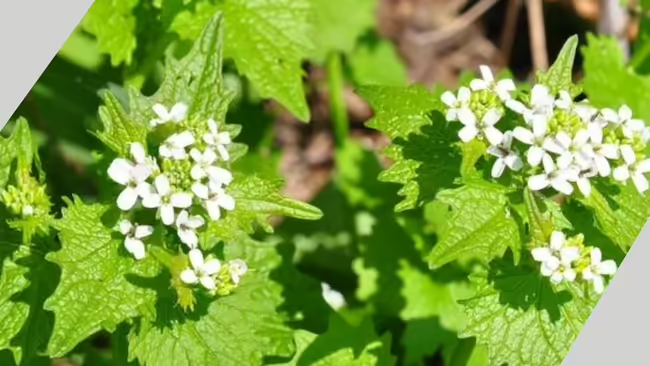
Join Illinois Extension Natural Resources, Environment, and Energy Educator Jay Solomon for a presentation on “Spring Invasive and Nuisance Plants” as part of the Spring Break Gardening Series. This program will be held at 6 p.m. on Wednesday, May 3, 2023 at the Jo Daviess County Extension Office, 204 Vine St. Elizabeth, IL 61028. There will be a $5 fee to attend this program. Pre-registration is requested. To register call us at 815-858-2273 or register directly at go.illinois.edu/SpringInvasives.
With warmer weather on the horizon, things are starting to green up. Our landscapes are coming back to life with showy displays of new plant growth and flower. But, are all of those plants you expected and want? Are there plants taking over your yard and landscape? If you have unwanted plants, now might be the best time to manage them before they become problematic.
“Spring can be the best time to identify and manage some of these unwanted plants. Management starts with distinguishing between invasive plant species and nuisance plants,” Solomon points out. “Invasive plants by definition are non-native, introduced by humans, and can/do cause environmental or economic harm. Nuisance plants are defined as causing management issues or other damage. Many native plants can become a nuisance in disturbed soils of landscapes and other areas.”
The primary focus of this spring workshop will be on vegetative plants easily identified and controlled prior to developing seeds. Many of these are spotted by their prolific early season growth. Garlic mustard, cow parsnip, wild parsnip, Pokeweed, hemlock, some ground covers, and vines are a few examples. We will discuss what makes some of them of concern as invasives while other are just making a nuisance of themselves.
The workshop will delve into identification, management strategies, and safety precautions. Cow parsnip, wild parsnip, and hemlock can be harmful or even deadly if handled improperly.
Spring can also be a good time to identify many of the woody invasive plants like honeysuckle and multiflora rose. Jay will talk about how to distinguish these from more desirable plants like blackberry, raspberry, and gooseberry brambles. He will also touch on how to start developing a fall management plan for the woody invasive plants.
Other programs in this series include “Growing Great Grapes” and “Water Management in Your Home Landscape”.
If you need a reasonable accommodation to attend this program please call us at 815-858-2273. Early requests are strongly encouraged to allow sufficient time to meet your needs.